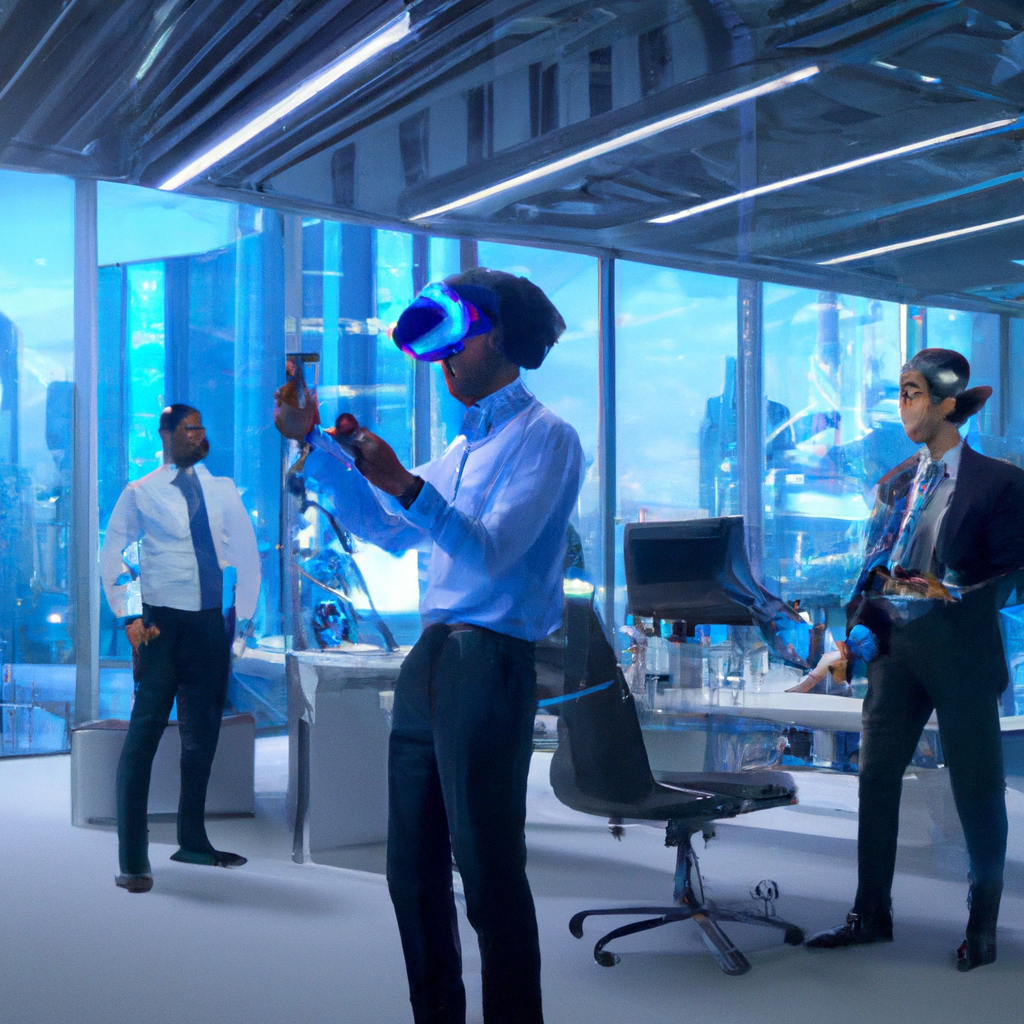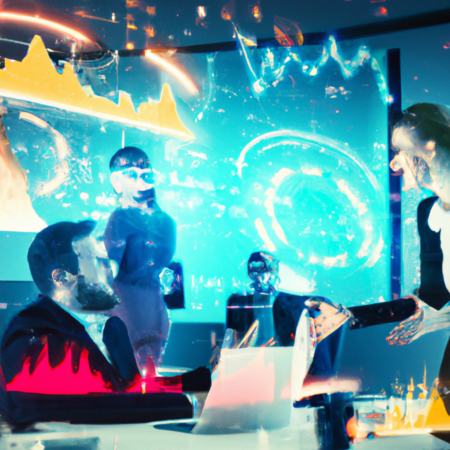Embracing the Digital Shift: The Future of Work in the Tech-Driven Era
As we advance further into the 21st century, the concept of work is undergoing a transformation that is both profound and pervasive. Driven by relentless technological innovation, the traditional workplace is evolving, and with it, the roles and expectations of the workforce. This blog post explores the critical elements shaping the future of work and what it means for professionals across industries.
Technological Integration
From artificial intelligence to remote collaboration tools, technology is at the forefront of workplace transformation. AI, in particular, is automating routine tasks, freeing up employees for creative and strategic roles that machines cannot fulfill. The integration of these technologies promises not only increased efficiency but also greater job satisfaction.
Remote Work and Flexibility
The rise of remote work has been one of the most significant shifts in recent years. The COVID-19 pandemic accelerated this trend, demonstrating that many jobs can be performed effectively from anywhere. This flexibility is now expected by much of the workforce, leading to changes in how companies structure their operations and manage their employees.
Skills and Learning
As jobs evolve, so too must the skills of the workforce. Continuous learning and adaptability are becoming crucial. The future of work demands a focus on skills such as problem-solving, critical thinking, and emotional intelligence, alongside technical proficiency in new tools and platforms.
Conclusion
The future of work is not just about technological change—it’s about cultural shifts and evolving expectations. Organizations and individuals alike must be prepared to adapt to these new realities to thrive in the tech-driven era.






